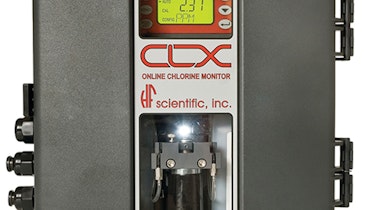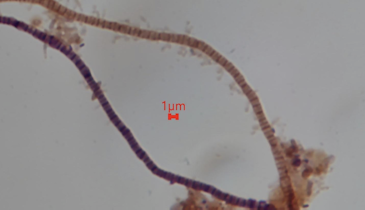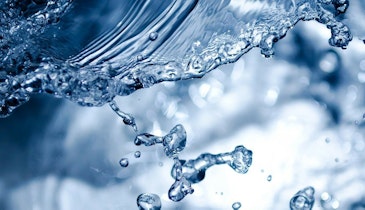Officials in the fast-growing Phoenix suburb of Peoria have a water conservation philosophy they care enough about to have trademarked: Peoria has enough water to use, but we never have enough to waste.
That philosophy drives the water conservation education program, recently...








